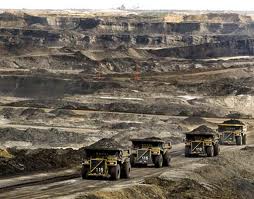It’s shaping up to be a big week. On Friday in Stockholm (Saturday in NZ) the IPCC will release the final version (not the one that’s been leaked to and seen by all and sundry) of the Summary for Policy Makers of the Working Group One report of their Fifth Report (AR5 — official web site here). As you might expect, the usual suspects have been lining up to try and dominate the news media — to provide a carbon friendly “frame” through which to view the IPCC’s findings. Most of it has been singularly ineffective, as Graham Readfearn noted in the Guardian, but I’ll hold my fire until the final SPM is released. Watch this space…
Meanwhile, the Anglican Diocese of Wellington voted this weekend to join their colleagues in Auckland by divesting itself of any fossil fuel investments in its portfolio. The Auckland synod at the beginning of the month took the opportunity to listen to two presentations that I think it worth drawing attention to here. First, Jim Renwick from VUW (an IPCC lead author) lays out the basic science that underlies the case for action to reduce emissions:
[youtube http://www.youtube.com/watch?v=lv4YvHGj8yE&w=480]
…then economic commentator Rod Oram explains the “carbon bubble” in market valuations of fossil fuel energy stocks, and why it would make sense to avoid that risk:
[youtube http://www.youtube.com/watch?v=8Lw0XXAcx_w&w=480]
Two compelling presentations, with an obvious conclusion that the members of the Anglican church were happy to accept. We should not be investing in companies whose value depends on the burning of excessive amounts of carbon.

 Earlier this month James Hansen wrote a trenchant
Earlier this month James Hansen wrote a trenchant